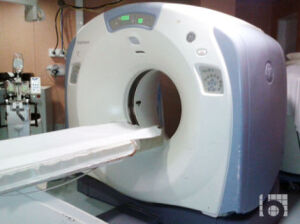This could be a fun way for a would-be a biomedical technician or engineer to get used to getting signals from the human body and to filter amplify and then measure them. It is not the simplest thing to do so don't start with this project if you are a first-timer.
What is really good about such project is that you can test your creativity due to the many things that can be changed and altered from what is there in the first place, even the author of this great DIY project had done some changes to improve performance.
So what you can do is that for example use another MCU, add an LCD or add a buzzer that will trigger if too low or too high BPM are measured. You might as well want to make it on a PCB or have it done in a very small casing that can be portable.
We recommend you to have a look at this nice
infrared microcontroller-based fingertip heart rate monitor project and to try and do different things with it.
For any ideas or thought please comment below!





